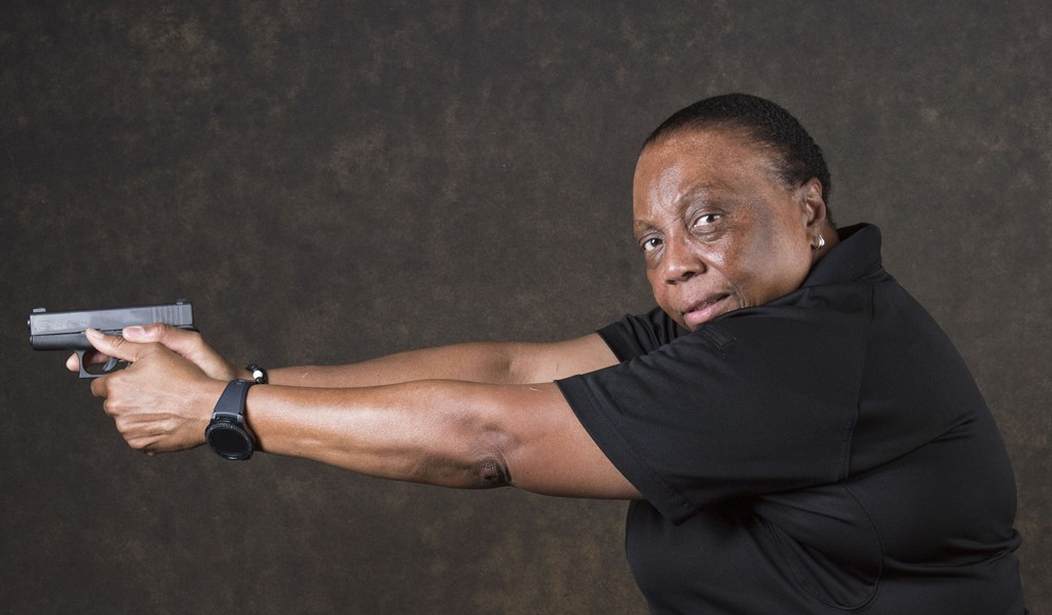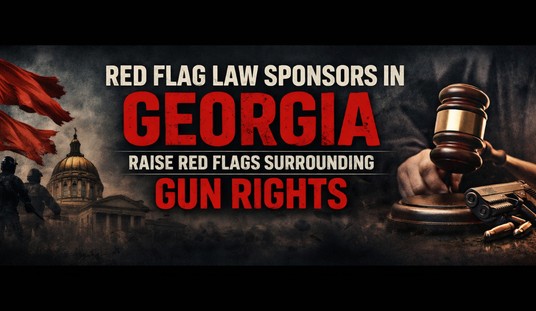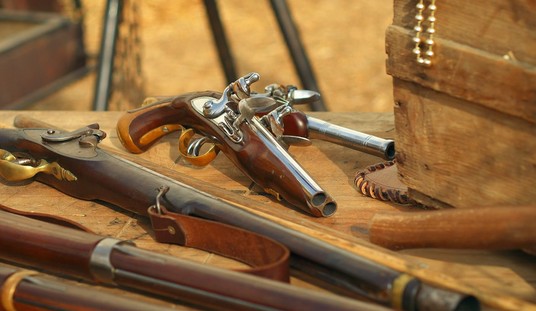The stereotype of gun owners is that of a middle-aged white man. As a middle-aged white man, I’d like to be offended but I don’t get offended that easily. Plus, in a lot of ways, it’s accurate. Most gun owners do kind of look like me.
But not all of them do.
As we’ve seen over the past couple of years, a lot of non-white and non-male folks are buying guns, which is great for the gun community.
Unfortunately, though, some black gun owners are running into a problem. Over at National Review, they talk about how black gun owners’ rights matter.
On February 2, before 7 a.m., police in Minneapolis carried out a no-knock warrant at the apartment of Amir Locke, killing him. Locke was not named in the warrant. He was a licensed gun owner who reached for his gun in the confusion of waking up on his couch to find a group of people in his house yelling and cursing at him. It’s absolutely right that much of the coverage of this story should deal with the wisdom of the no-knock warrant, a fairly recent invention by a congressional aide that has caused multiple innocent deaths, most prominently that of Breonna Taylor.
Both of these cases, as well as that of Philando Castile, who was killed during a regular traffic stop, involve black licensed gun owners who did what anyone else would do in their situation. Castile explained to the officer that he was a licensed gun owner to stave off any panic the officer might have felt, but was shot anyway when he reached for his wallet. In the case of Taylor, her boyfriend shot at what he assumed were home intruders during a no-knock raid that turned out to be based on an illegal warrant.
While all three cases ended tragically, they remind us that the right to bear arms is a distinctive part of American legal history and culture — and that black Americans have experienced the constant abrogation of this right throughout our history. During the Revolution, white men were required to own a gun for service in the militia. But as we explain in our forthcoming book Black Liberation Through the Marketplace, black men — even free ones — not only were not required to do so, but were often banned entirely from gun ownership. After emancipation, laws prohibiting black gun ownership joined “pig laws” (under which the theft of a single farm animal was considered grand larceny), vagrancy laws, and other trumped-up or overblown restrictions that allowed law enforcement to gather up black laborers for work in mines and on farms under the convict-leasing program. The fact that practically all white males and many white females were armed in the late 19th century did not stop thousands of black men from being arrested for this “crime” and sentenced to hard labor and, in many cases, death by malnutrition and disease.
This, of course, is the racist roots of gun control.
It’s always funny to me how, at the moment when every Confederate statue in this nation was being torn down and even memorials to our Founding Fathers were threatened, the relic of Jim Crow known as gun control was somehow too sacrosanct to destroy.
More than that, though, we were told that refusal to pass more of that particular relic was somehow racism.
But do the authors have a point? Haven’t we left the idea that black gun owners don’t exist somewhere in the sands of time?
Not really.
As noted in the above-quoted section, Philando Castille, Breonna Taylor, and Amir Locke all died at the hands of police. None of them were guilty of any crime.
And yes, all three were black.
Look, I’d love to tell you that these were just tragic incidents that had nothing to do with race, but I can’t say that with any degree of certainty. Were police blinded by the sight of a black man with a gun–that applies even in Breonna’s case as her boyfriend was the one armed–that they didn’t bother to consider whether or not they were lawfully armed?
Were these tragic cases? Probably.
However, we in the gun community also need to recognize that these gun owners could have been us. If something like this happens to a white gun owner, we may discuss it and some may argue that the police did what they had to do, but few actually blame the gun owner.
I’ve seen people blame Locke and Taylor’s boyfriend for what transpired, even though any of us would have done the same thing. What happened to Castile could have happened to any of us as well, yet some have even tried to say he screwed up for doing what any of us might have.
Folks, some in the gun community need to do better. These are our brother and sister gun owners. Their right to keep and bear arms is no different than ours. If you’re not already standing with them, you need to start.








Join the conversation as a VIP Member